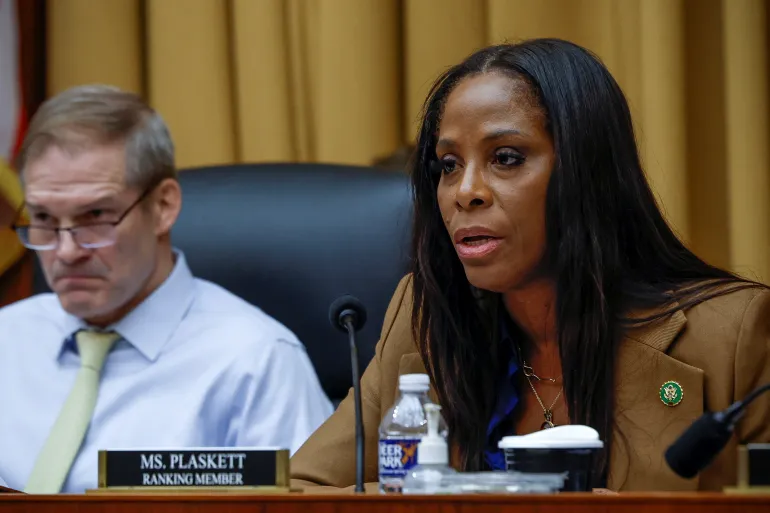In the latest developments surrounding global trade, recent US tariff policies are prompting swift responses from both international governments and businesses.
New rules introduced by the US administration are already having tangible impacts, with DHL Express temporarily suspending certain shipments and diplomatic tensions continuing to rise.
Effective April 21, DHL will suspend shipments destined for individual consumers in the United States if the declared value exceeds $800, regardless of the country of origin. This change follows the implementation of updated US customs regulations that lowered the threshold for formal customs declarations from $2,500 to $800 as of April 5. The new rules have led to an increase in customs inspections, causing delays and operational bottlenecks for international shippers.
“This change has caused a surge in formal customs clearances, which we are handling around the clock,” DHL said in a notice.
The suspension is described as temporary and applies only to business-to-consumer shipments. Business-to-business shipments will not be suspended, although they may also experience delays due to the increased processing requirements.
Shipments valued below $800 remain unaffected, whether sent to individuals or businesses. However, some companies have begun advising customers to split larger orders into smaller shipments to avoid complications. A British bicycle manufacturer, for instance, suggested that US buyers place multiple smaller orders to navigate the new rules more efficiently.
At the same time, broader trade tensions persist. President Donald Trump reiterated his trade policy stance on Truth Social, identifying what he called “non-tariff cheating” by other nations. These include currency manipulation, value-added taxes, and certain technical standards that he argues place US exports at a disadvantage.
Meanwhile, China has cautioned other countries against entering into trade agreements with the US that might exclude or marginalize Beijing, underscoring the ongoing strain in US-China economic relations. The warning highlights Beijing’s concerns about being isolated in emerging global trade arrangements.
In Asia, early indicators suggest these tariff changes may be having ripple effects. Preliminary trade data from South Korea hints at early disruptions, and the country is reportedly preparing to begin trade negotiations with Washington in response to the shifting regulatory landscape.
With input from the Wall Street Journal, Sky News, and the Hill.










The latest news in your social feeds
Subscribe to our social media platforms to stay tuned